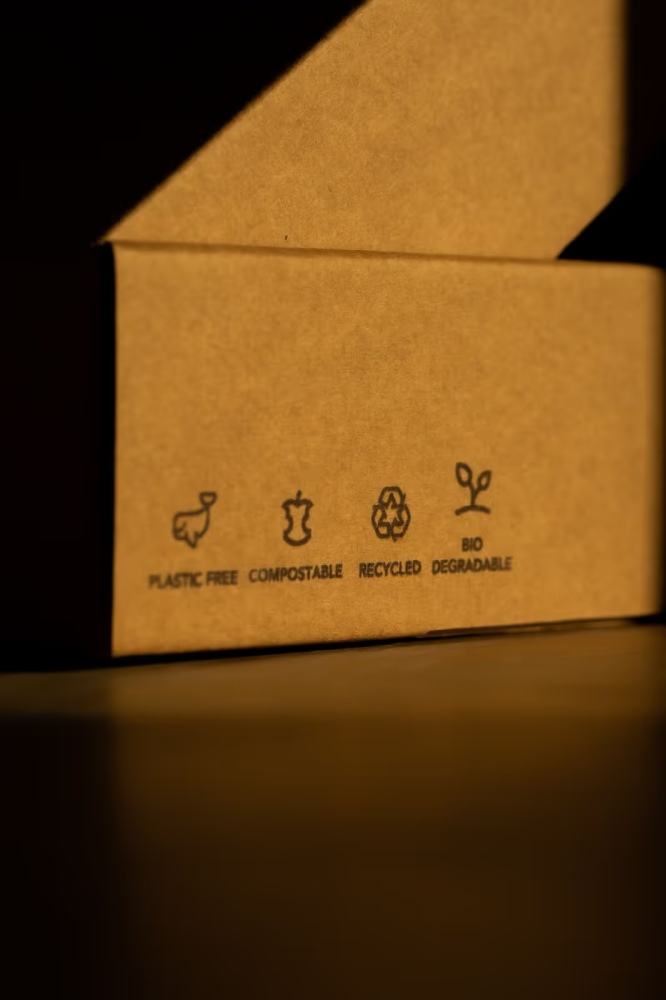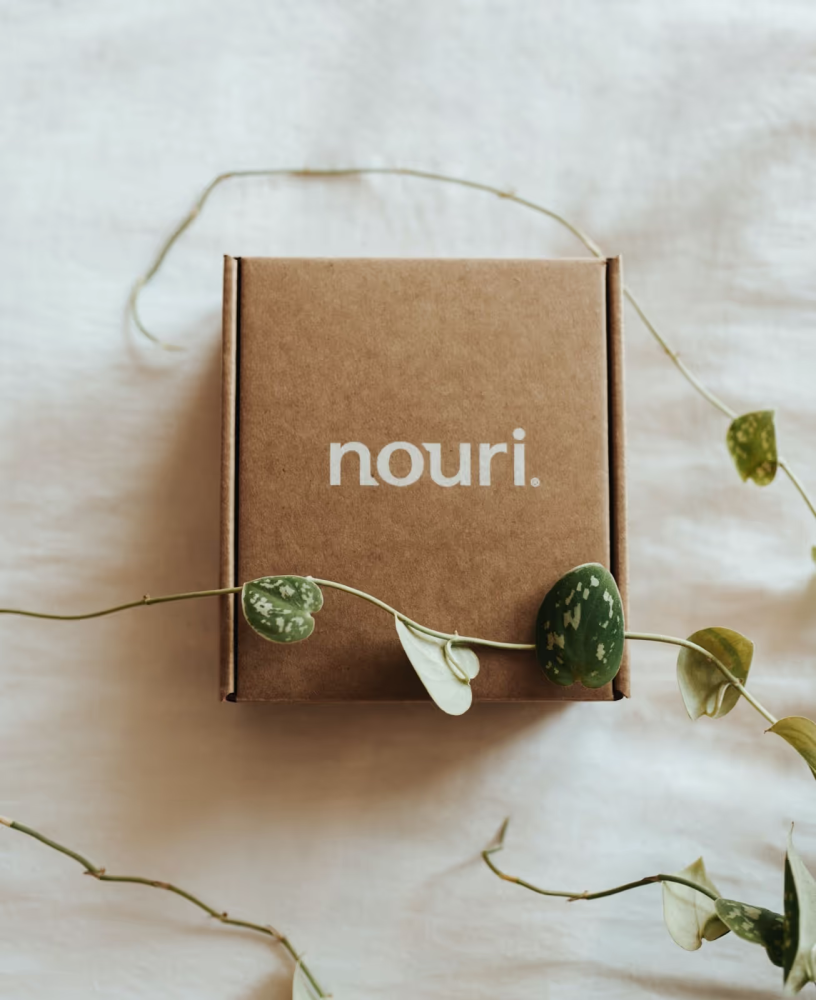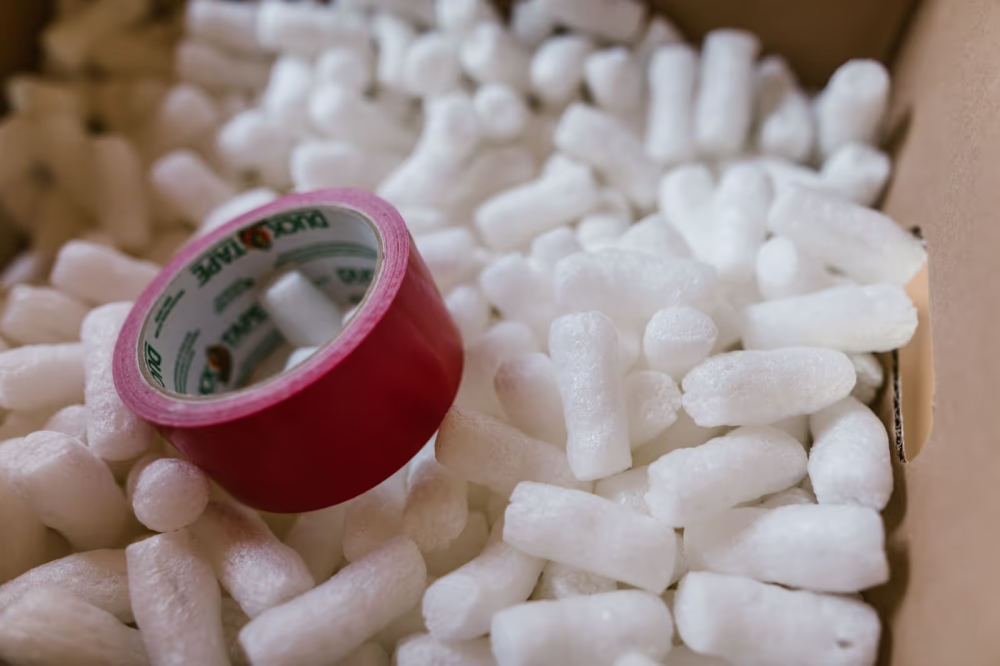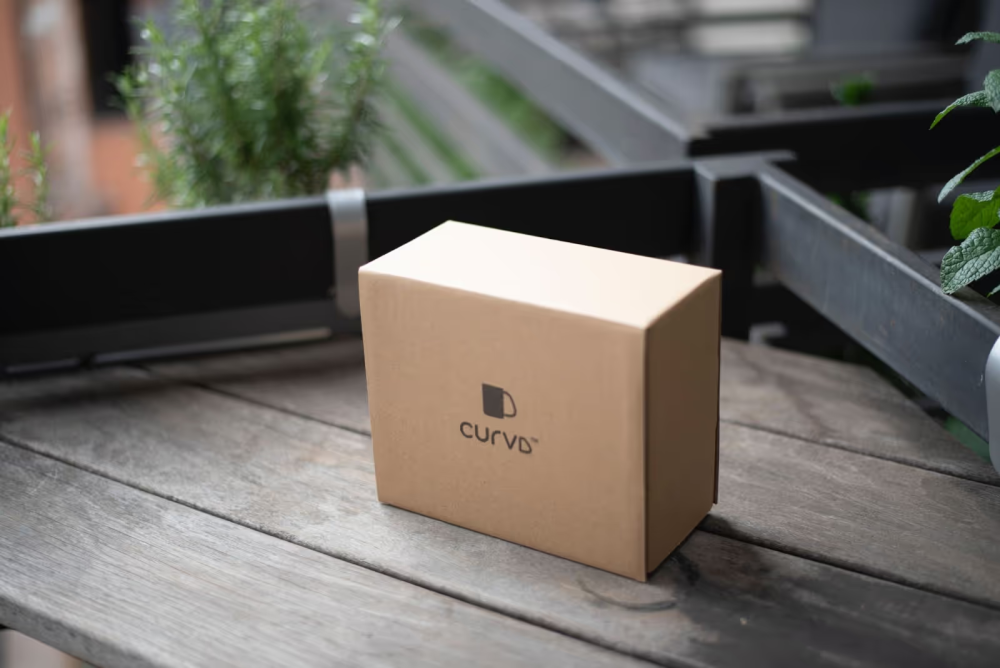Create packaging without causing a negative impact on the environment.
Sustainability is an incredibly complex subject that is difficult to define in just one or two sentences or even an entire paragraph. The original definition of sustainability was focused on the environment and using only natural and easily renewable resources that people could rely upon indefinitely. While this definition is still accurate, the meaning of sustainability has evolved significantly over the last few years.
What is sustainability?
In the context of business, sustainability practices and policies also emphasize society and the economy in addition to the environment. When businesses examine the impact of sustainability, they consider the effect of their sustainable practices on the economy and future generations of humans. Therefore, sustainability has three pillars:
- Environmental sustainability
- Social sustainability
- Economic sustainability


Companies that strive to be sustainable have business practices that avoid negatively impacting the environment, the community, and the economy. That being said, the goal of sustainability in business isn’t just to avoid negative impacts but to have a positive impact on the environment and society.
Every business has a different strategy to be sustainable, but here are some of the most common and proven ways that your business can practice sustainability:
- Use natural and renewable materials to manufacture products.
- Use packaging made of sustainable materials.
- Optimize your supply chain by limiting the use of fossil fuels to transport products.
- Use renewable energy to power your production and storage facilities.
What is sustainable packaging?
Sustainable packaging is any kind of packaging that businesses can manufacture without negatively impacting the environment. The three types of sustainable packaging are:


1. Recyclable packaging
Recyclable packaging is the most common type of sustainable packaging. The cardboard packaging that brands use today is usually made of some percentage of recycled material. Another advantage of recyclable packaging is that most recyclable packaging is biodegradable, which adds to its sustainability factor.
Examples of recyclable packaging include corrugated board or cardboard packaging and paper packaging.
2. Compostable packaging
Compostable packaging is made from plant-based materials. As such, compostable packaging can be disposed of and broken down under the right conditions. Compostable packaging has a much smaller carbon footprint compared to other types of packaging, and it also minimizes packaging waste sent to landfills.
Examples of compostable packaging include mushroom packaging, bioplastics, and compostable packing peanuts.
3. Reusable packaging
Reusable packaging is any packaging that businesses can use multiple times. The most common use of reusable packaging is for the transportation of products from one point of the supply chain to another. To facilitate long-term usage, reusable packaging is designed to be durable, easy to use, simple to maintain, and often collapsible or stackable.
Examples of reusable packaging include pallets, plastic totes, kegs, and barrels.
What are the best types of sustainable packaging that I can use for my brand?
The truth is that there is no sustainable packaging that you can consider the “best”. The type of sustainable packaging that is right for your brand depends on your product, your budget, and your sustainability goals. However, here are examples of some of the most common types of sustainable packaging in use today.
Corrugated board packaging
Brands use corrugated board boxes to ship their products from point A to point B. More often than not, corrugated board packaging is made using recycled materials, so they’re definitely sustainable. At PackM, we provide corrugated board packaging options that are customizable and made using sustainable materials.


Packing paper
Packing paper is a popular type of void fill because it is not only sustainable, it is also affordable. Packing paper can be recycled or composted, and one of the most widely used types of packing paper is kraft paper.


Compostable packing peanuts
Avoid using polystyrene packing peanuts, which are non-biodegradable and non-recyclable. Use compostable packing peanuts instead, which are made of plant-based materials such as cornstarch. Compostable packing peanuts even dissolve in water, which makes them a great void-fill option in terms of sustainability.


Compostable mailer packaging
Compostable mailers vary in material, with some being compostable at home while some being only compostable at a commercial scale. Home-compostable mailers are made of plant-based materials that your customers can compost on their own at home. Meanwhile, commercially-compostable mailers require the packaging to be sent to an industrial composting facility.


Plastic totes
Plastic totes are reusable, durable, and cube-shaped plastic containers that brands use to store and transport large quantities of solid or liquid materials. The reusable nature of plastic totes means that they are highly cost-effective.
Conclusion
If you need sustainable custom packaging, we can help you. At PackM, we can provide you with durable, sustainable, well-designed, and easily customizable packaging for shipping. We can even assist you in creating your custom design. Head to our website or call us at (424) 271- 0700. Our experts will be more than happy to help you create the perfect packaging for your small business.







